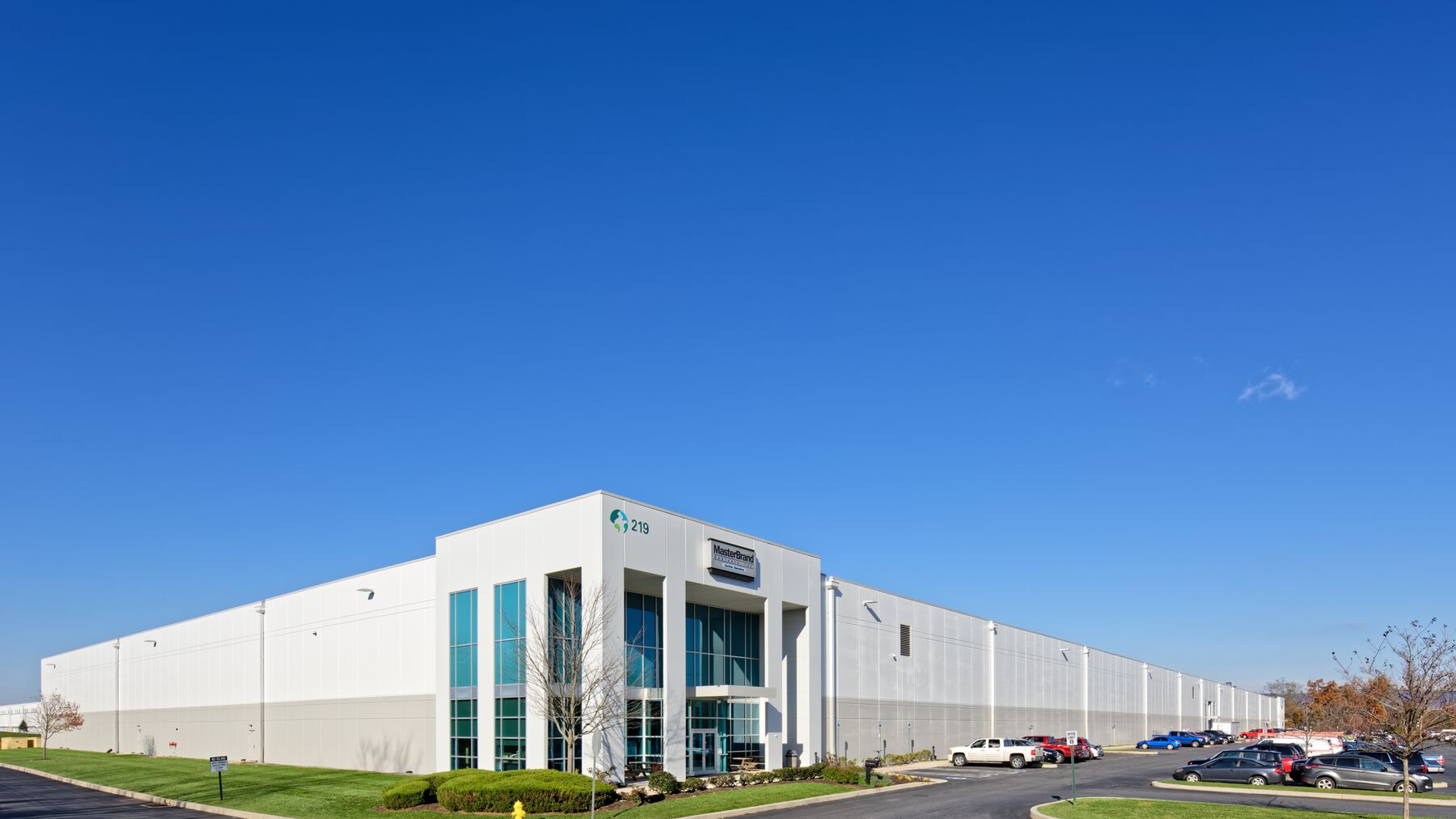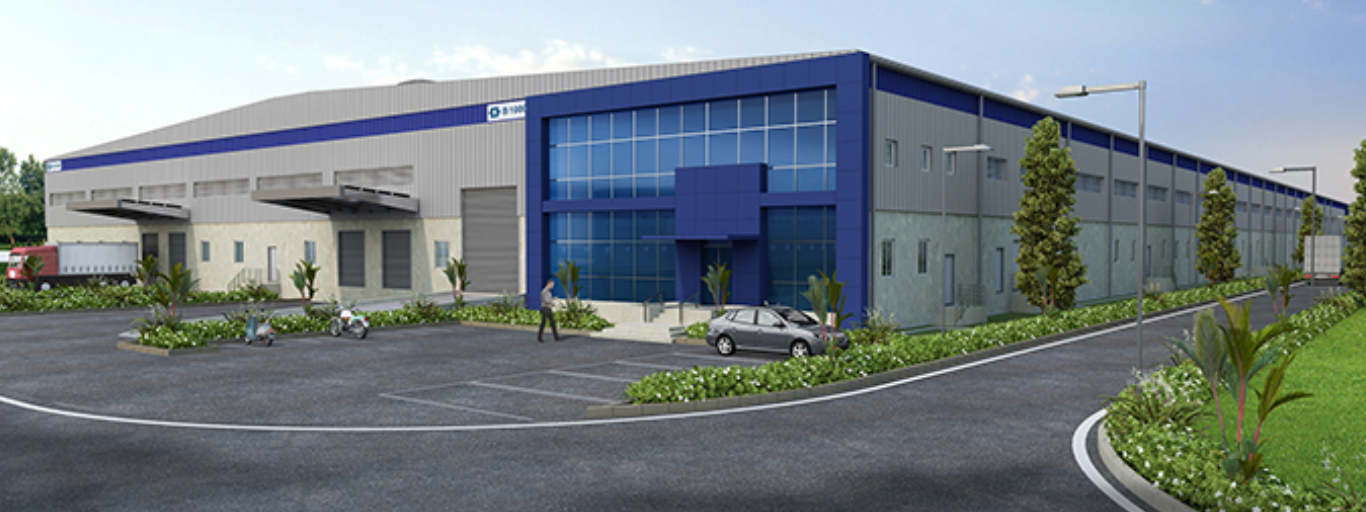Industrial Property Explained
Industrial property is one of the most powerful and profitable segments of the real estate market. Unlike residential or commercial spaces, industrial property is designed specifically for manufacturing, storage, logistics, and distribution. In 2025, as e-commerce and infrastructure grow rapidly, investing in industrial property has become more appealing than ever.
According to a report by JLL, industrial real estate demand in India alone is expected to grow by 12–15% annually, making it a high-potential investment category.
🏭 What is Industrial Property?
Industrial property refers to land and buildings used for industrial activities such as:
-
Manufacturing Plants – For production and assembly
-
Warehouses – For storage and distribution
-
Logistics Parks – For goods transportation
-
Cold Storage Facilities – For perishables like food and medicine
These properties are often located in industrial zones and are essential for supply chain operations.
📊 Types of Industrial Property
Here are the 4 main types of industrial property commonly found:
1. Light Industrial Units
Smaller facilities for packaging, assembling, or testing products.
2. Heavy Manufacturing
Large-scale properties with heavy machinery and infrastructure.
Example: A steel manufacturing plant on 20+ acres of land.
3. Warehouse and Distribution Centers
Used for storing goods before delivery.
Example: A 50,000 sq. ft. warehouse for an e-commerce brand.
4. Flex Spaces
These combine office and industrial use under one roof.
💼 Why Invest in Industrial Property?
Investing in industrial property can offer several benefits:
-
Higher Rental Yields: Often between 6–10%, higher than residential properties.
-
Long-Term Tenants: Industrial leases usually last 5–10 years, ensuring stable income.
-
Low Maintenance Costs: Simple structures, fewer interior fittings.
-
Growing Demand: Driven by e-commerce, logistics, and smart warehousing.
⚖️ Legal Considerations Before Buying Industrial Property
Before buying or leasing, consider:
-
Zoning Laws: Ensure the land is legally zoned for industrial use.
-
Infrastructure Access: Check road, electricity, and water supply availability.
-
Environmental Clearance: Required for certain manufacturing operations.
-
Title & Encumbrance Check: Always verify land ownership and debt status.

🔍 Who Should Buy Industrial Property?
-
Manufacturers looking to scale operations
-
Logistics Companies needing warehouse space
-
Real Estate Investors wanting high ROI
-
Corporates setting up industrial hubs in emerging cities
With rising industrial development across Tier-2 and Tier-3 cities, owning industrial property in India and globally is seen as a future-proof investment.
🏁 Conclusion
Industrial property is more than just land and buildings — it’s a key player in global trade, manufacturing, and modern commerce. Whether you’re a business owner or a real estate investor, understanding the value of industrial property can lead to strong, long-term financial gains.
In 2025 and beyond, as industries grow smarter and faster, now might be the best time to explore opportunities in industrial property.

